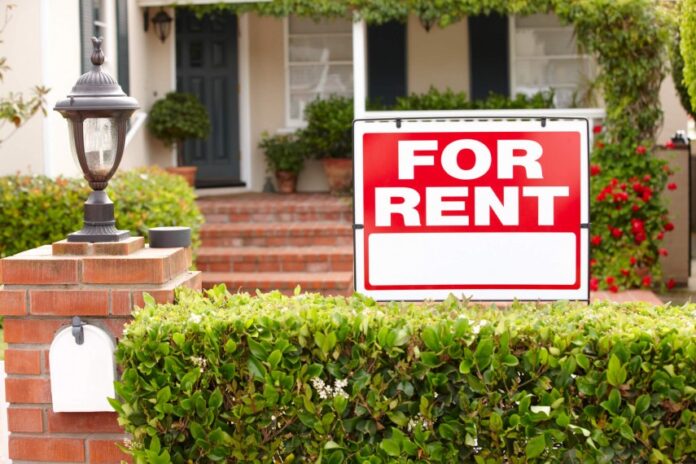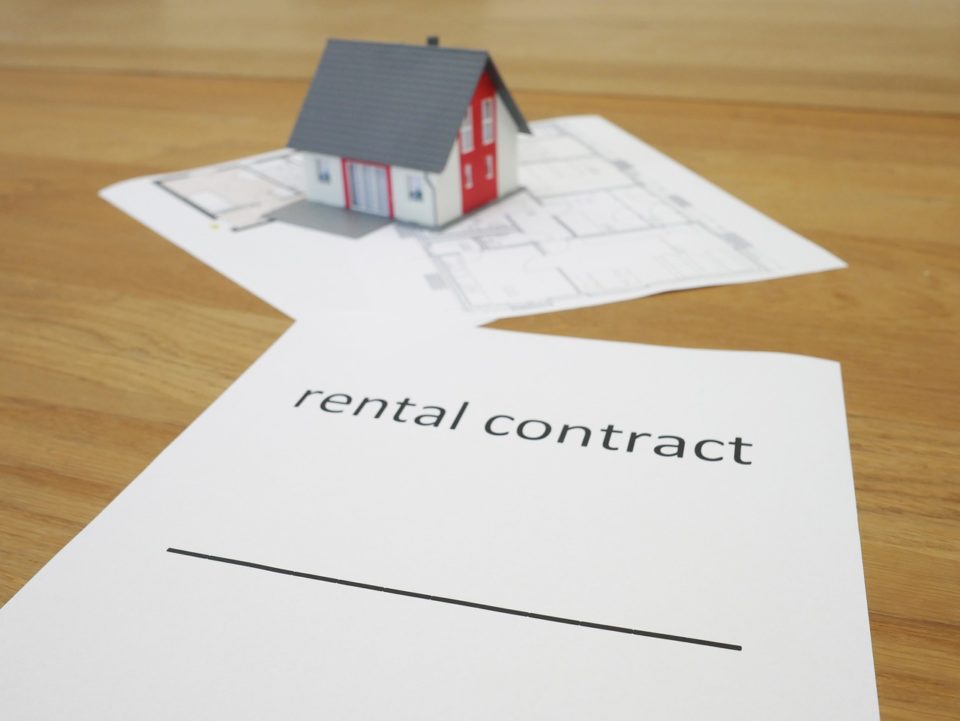When something needs to be repaired in a rented flat or house, it is sometimes unclear who is responsible. Does the landlord or tenant need to pay for it?
Top 5 most common repairs tenants need to pay for
Top 5 most common repairs tenants need to pay for repairs can be costly and most of the time damages are unintentional, meaning that tenants may suddenly be confronted with having to pay expensive bills. The importance of having renters’ insurance can cover unexpected damages and can also protect your personal belongings, and contents.
Damaged furniture, equipment or interior
If a tenant or someone who the tenant invited into their home caused any damages, the tenants are usually responsible for paying for the repair. This also applies if the damages were due to negligent behaviour. If drains are clogged and the appliance is the cause, the landlord will usually be required to cover the costs.
Smoke and carbon monoxide detectors and lights
Appliances such as smoke and carbon monoxide detectors need to be working correctly when the tenancy agreement is signed. Afterwards, it is the tenant’s responsibility to change the batteries and make sure everything is working fine. The same goes for light bulbs in most cases.
“The regulations require landlords to ensure alarms are installed in their properties with effect from 1 October 2015”, according to government regulations. “After the landlord’s test on the first day of the tenancy, tenants should take responsibility for their own safety and test all alarms regularly to make sure they are in working order.”
Washing machines and other white goods
White goods such as washing machines and dryers that are owned by the landlord usually need to be maintained and fixed by the tenants. However, it is common that landlords will cover the costs for repairs, so make sure you ask them first.
Mould and mildew
When mould and mildew spread it is often a ventilation problem. Tenants are required to open the windows and air out the flat or house regularly to ensure proper ventilation. If mould or mildew still form and before it becomes a health hazard, you should inform your landlord who will usually hire a specialist to take care of the problem. The landlord is responsible for paying for the removal if an issue with the building or property is causing the mould or mildew to spread. Small areas can usually be cleaned quickly with bleach or vinegar.
Violating the tenant’s agreement
The agreement should always be read before signing it prior to moving in. If a tenant smokes or has a pet and this is forbidden in the contract, the tenant may have to renovate the home or replace furniture to remove unwanted smells.
Before you pay for any repairs inform the landlord as soon as you discover the damage. The landlord may pay for the repair without charging you.



















